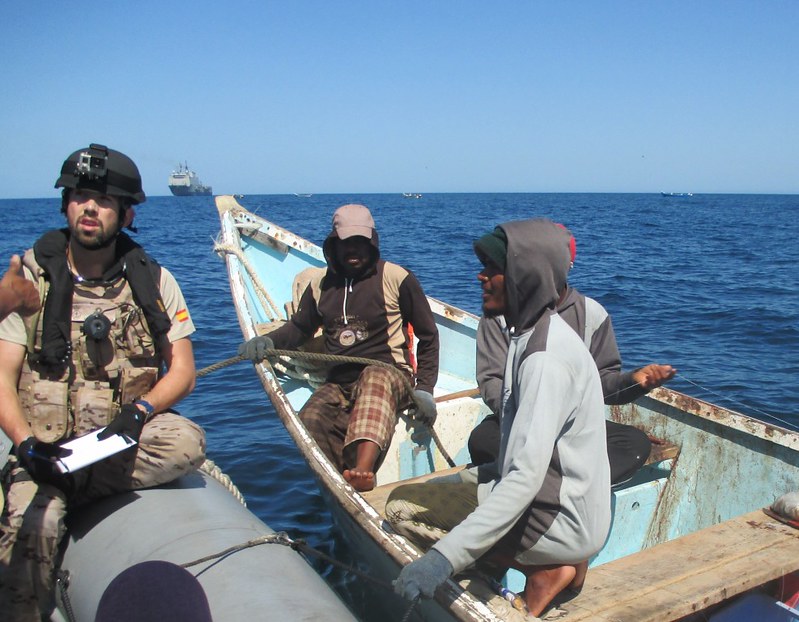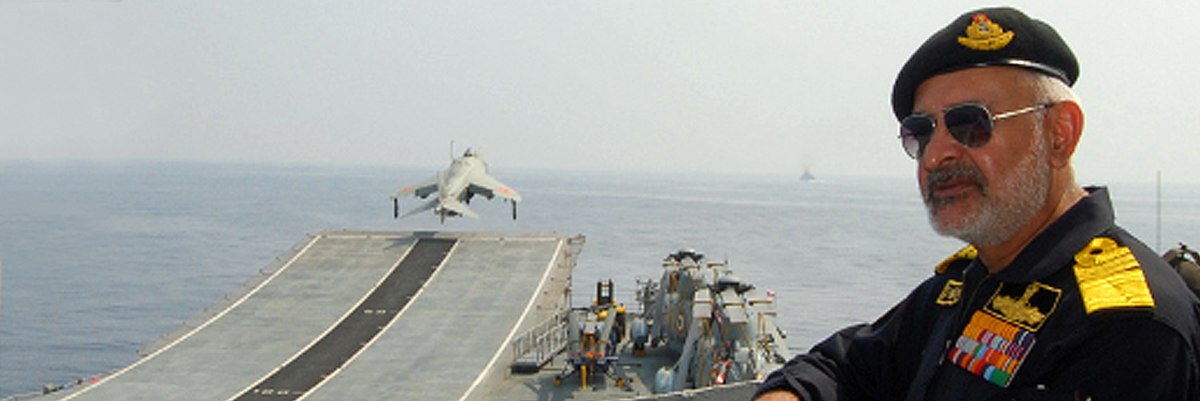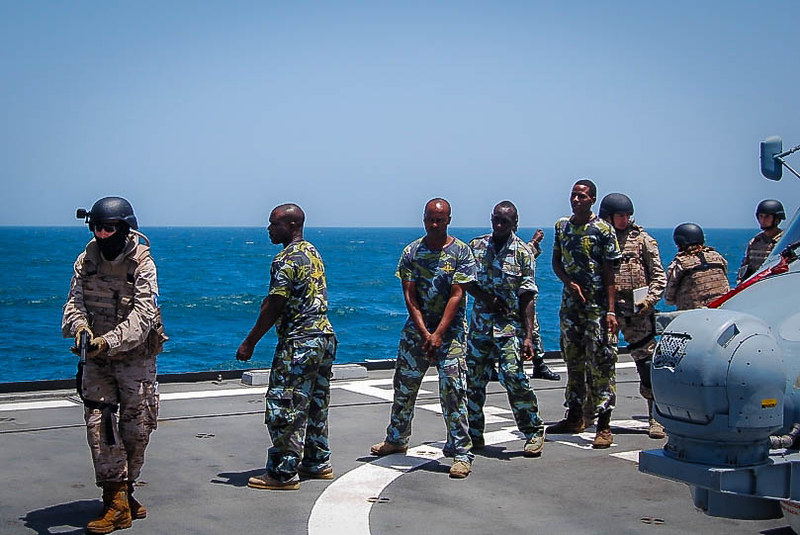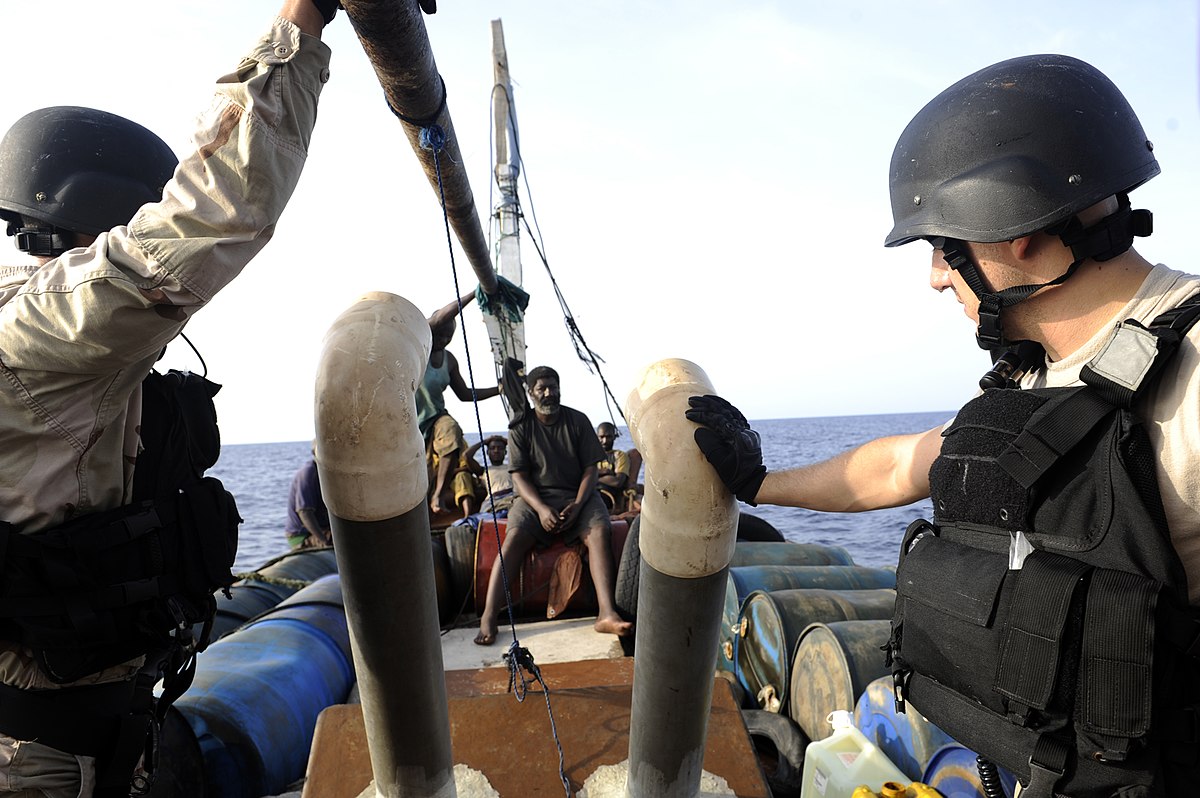Facts, Figures, Trends: the Contemporary Maritime Piracy Database 2001-2010
By Anamika Twyman-Ghoshal The lack of reliable piracy data has been identified as one of the main obstacles to contemporary maritime piracy research (Worrall, 2000; Ong-Webb, 2007). Research to date has focused on selected types of piracy or on particular geographical regions where piracy occurs, usually relying on single sources of data or being wholly … Read more










